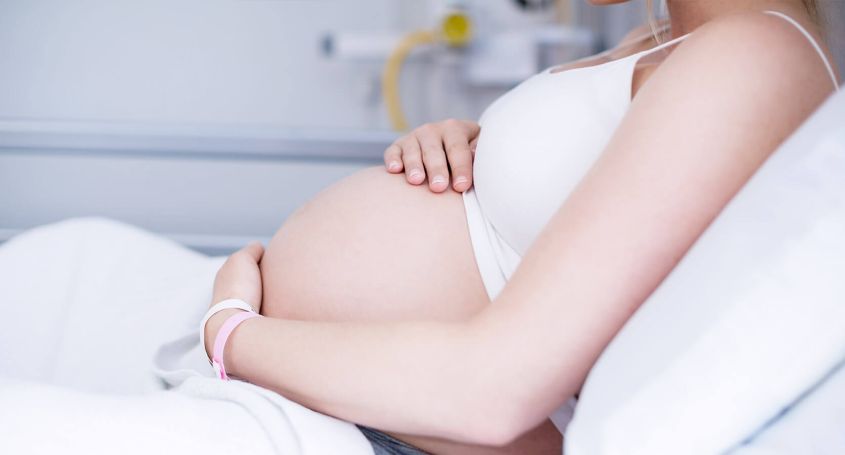A woman’s fertile days are the days when she has more chances of getting pregnant, and these days depend on the menstrual cycle of each individual woman.
The Menstrual Cycle
The menstrual cycle starts the first day of the period. During those days, an egg begins to mature in the ovary. After two weeks, the egg is usually ready to be fertilized and it is released by the ovary in a process known as ovulation. The egg has a very short life, and it rapidly degenerates if it is not fertilized. The body recognizes that there has been no fertilization or embryo implantation and it releases hormonal signals so that the endometrium (the tissue prepared to receive the embryo in the uterus) peels. This loss is menstruation. Thus, when a woman gets her period, a new cycle starts and a new egg begins to mature in the ovary.
Fertile Period
A woman's fertile days are the days before ovulation; of those days, the most fertile days are the day of ovulation and the day before. But, since the sperm can survive in the female for up to five days, the fertile days can last up to a week.
Sometimes it is difficult to calculate the moment of ovulation, as not all cycles last exactly 28 days and not all women ovulate on the 14th day of their cycle. There are women who ovulate on different days of their cycle and even women with cycles so short that they ovulate when they are still finishing their period. Therefore, it is important to emphasize that the fertile days can vary greatly from one woman to another depending on how irregular her cycle is.
Symptoms on the Most Fertile Days
The hormones that trigger ovulation can also produce symptoms that could indicate the days of greatest fertility. A common symptom is vaginal discharge in a greater quantity than usual, and which is a bit clearer and not too thick. There are women who also experience an increased libido, and some women even feel slight discomfort during ovulation. Today, there are tests on the market that, by measuring one of these hormones (luteinizing hormone - LH) can help you to calculate more accurately the fertile days of the cycle when the chances of getting pregnant are much higher.














